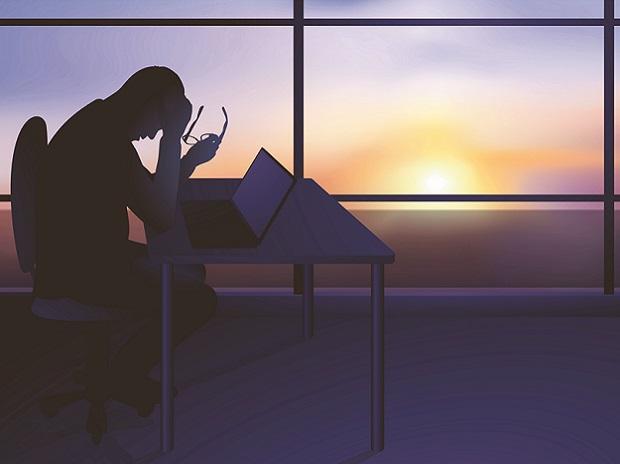Government financial support during and since the lockdown for
persons with psychosocial disabilities from low-income families, many of which
had lost income, was inadequate
Mental
Health : Jalaluddin
Kazi*, 38, lives with bipolar disorder and often has seizures. A resident of
North Dumdum near Kolkata, he drove a rented electric rickshaw to support his
wife and two children, on days he was able to work. His wife Jahanara Bibi*,
30, sold household cleaning items in the neighbourhood. The family's monthly
income was Rs 2,000-2,500, on average. When the nationwide Covid-19 lockdown
was imposed in March, both the Kazis lost their livelihood. By May, the family
had exhausted their savings, and shopkeepers refused to give them credit.
Jalaluddin was
forced to ration his medication and his health deteriorated. He had constant
headaches, increased irritability and paranoia, said Jahanara. They were able
to visit the public hospital in Park Circus, which dispensed free medication,
after a gap of three months, in an ambulance arranged by a non-governmental
organisation (NGO).
For Chabi Khatun*,
26, in the same neighbourhood, lack of medication during the lockdown meant
frequent seizures, fainting and trembling hands. There was also little to eat,
with her domestic helper mother and bus conductor father both out of work.
For about 200
million such Indians living with psychosocial disabilities, according to a
study in the Lancet medical journal, and for their families, the disruption in
essential services like free medication during the lockdown compounded the
impact of the Covid-19
pandemic, as IndiaSpend has previously reported. A government estimate of
such Indians is much lower. Around 3.9 million persons live with psychosocial
disabilities, a survey by the National Statistical Office (NSO) found in 2018.

No comments:
Post a Comment